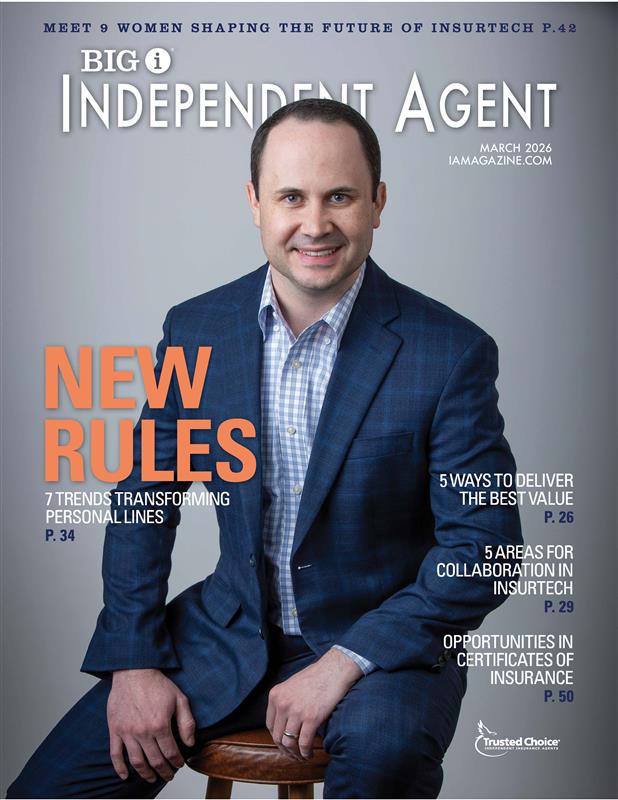Providing Support to Employees With Caregiving Responsibilities
By: Will Jones
November is National Caregivers Month, and as many as four in 10 Americans are concerned the pandemic will impact their ability to fulfill potential caregiving responsibilities, according to a recent survey conducted by the Nationwide Retirement Institute.
While more than 70% of employees report having some sort of caregiving responsibility, according to a 2019 study conducted by the Harvard Business School, nearly half of respondents to the Nationwide study are concerned about the effect of the financial strain caused by the pandemic, as well as becoming sick themselves, on their ability to provide care to a family member or loved one.
“Caregivers in this country were in crisis before COVID-19 hit; it’s only gotten bigger and more taxing since the virus exploded into a pandemic,” says Syed Rizvi, vice president of specialty insurance at Nationwide.
“For many people infected with the virus, we can assume a family member was supporting their recovery or sustaining their family during that time,” he says. “While Congress expanded the Family Medical Leave Act (FMLA) to include paid caregiver leave as part of COVID-19-related federal legislation, it doesn’t adequately address the full needs of workers, especially those at lower income levels.”
Further, the caregiving responsibilities placed on the “Sandwich Generation”—those who find themselves raising children while also caring for aging parents and grandparents—will likely only grow larger, according to the Harvard Business School report.
For this demographic in particular, “paid caregiver leave is imperative,” Rizvi says. “The world of work and our culture at large have changed dramatically since the turn of the century, and workplace benefits must evolve to keep up with the pace of lifestyle changes affecting workers.”
Nationwide recently added Caregiver Family Leave Insurance to its portfolio of products to equip employers with “the right solution at the right time for employers trying to provide their employees with a work-life culture that fits their real-life circumstances,” Rizvi says. “[The product] sends a powerful message when an employer demonstrates compassion for its employees and their families.”
As many as 78% of employers say caregiving will be an increasingly important issue over the next five years and 60% cited caregiving as a top priority, according to the Northeast Business Group on Health. The Coronavirus Aid, Relief, and Economic Security (CARES) Act was originally set up to be a temporary fix in response to COVID-19 but “suppose the mandate does not end?” Rizvi says.
“Federally mandated paid caregiver leave may be the prevailing trend of the future,” he adds. “The expenses associated with providing paid caregiver leave was likely not a part of most companies’ budgets, and they may have difficulties absorbing the costs. Caregiver family leave insurance is a risk transfer solution that may help to relieve the financial pressure of paying workers’ salaries during the time they are off the job acting as caregivers.”
Will Jones is IA editor-in-chief.










